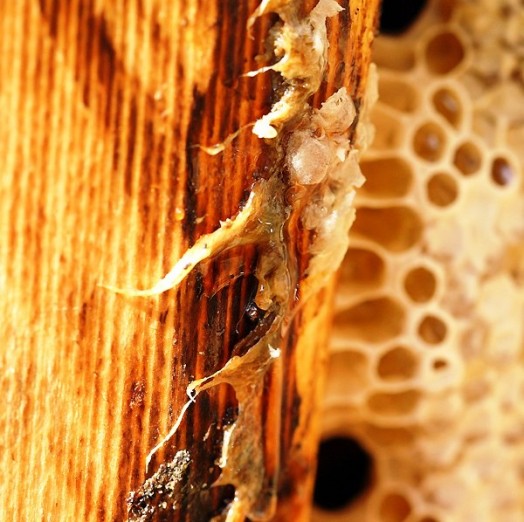Cold temperatures and harsh winds can bring about dry itchy skin and peeling lips. Lip balm usage is on the uptick this holiday season. More are looking for protection and treatment for delicate skin, covering lips so they look their best at holiday parties and date nights.
For some, the entire answer to why their lips peel and itch isn't just the extreme weather. Is it possible that an allergy can make your lips peel and itch? Of course!
Chemicals we use on our face and hands is a common cause of itchy, dry and irritated lips. This condition is called lip contact dermatitis. Often people think they just have "dry" lips and continue using the products that are actually the source of the problem. Chemicals in lipsticks, lip balms and nail polish are common sources of the irritations to lips.
What causes lip contact dermatitis?
- Inflammation and irritation of the lips caused by common chemicals in make-up , toothpaste, lipstick/balm, facial wash, and products we use our hands.
- Repeated application of chemicals causes allergic sensitization
- Common chemicals that cause lip contact dermatitis include:
- shellac- commonly found in lipsticks/lip balms
- fragrance- commonly found in most personal care products, gum, mouthwash and toothpaste
- nickel- contamination in some make-up or transferred from lip product container
- sunscreen
- varnish found in nail polish
- preservatives- commonly found in all personal care items.
- Irritants from toothpaste, lip balms and licking lips can also cause a non-allergic dermatitis
- Identification of the chemical allergy and avoidance will cure the dermatitis.
- Evaluation by an allergist will help determine if the irritation, infection or is caused by an chemical allergy or a irritant reaction.
- Patch testing for common chemicals used in the personal care products will help determine what to avoid.
Need more help? Call the office or schedule appointment here.





